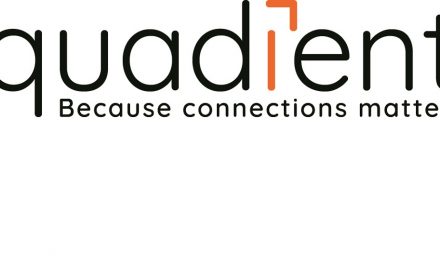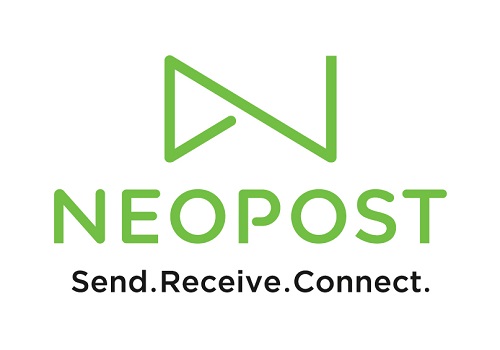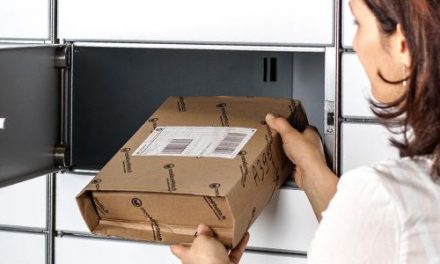
Neopost/Ascom merger inquiry
Statement of Issues and Hypothetical Remedies
The Competition Commission has sent an issues letter to the main parties, Neopost SA (Neopost) and Ascom Holding AG (Ascom) in its inquiry into the proposed acquisition by Neopost of certain assets of Ascom.
Such letters are always sent to main parties in a merger inquiry, before the Commission has reached any conclusions. They are designed to highlight the matters which have been identified by the investigating group for further consideration. This statement is being made public now to give interested parties an opportunity to bring to the Commission’s attention, in the next two weeks, any further points that they wish to see raised. The Commission has reached no conclusions about whether any matters operate or may be expected to operate against the public interest and will not do so until after it has discussed these issues with the main parties at hearings which will take place in early March.
The following are the principal issues:
Market definition
Whether franking machines of all types constitute a single and distinct economic market, or whether either:
there are separate markets for different types of franking machine (eg those capable of particular processing speeds/volumes, or serving different types of customer); or franking machines form part of a wider market which also includes other postage payment methods, such as stamps and bulk mail contracts with Consignia.
2. Whether any types of ancillary equipment, eg scales, are part of the same market as franking machines.
3. Whether the inspection and maintenance of franking machines;
the supply of consumables such as ink/ink cartridges and labels for use with franking machines; and the re-crediting of franking machine meters are part of the same market as the machines themselves.
4. Whether the UK market for franking machines is distinct, or whether it is part of a wider geographic market.
5. Whether each of folding/inserting machines; and letter openers constitute a single and distinct economic market; and whether the UK markets for these machines are distinct or part of a wider geographic market.
Competition and market behaviour
6. If franking machines constitute a distinct market, to what extent do other forms of postage payment, eg stamps at the low end of the market and bulk/contract mail at the high end, constrain the market behaviour of franking machine suppliers? Is the situation in this respect expected to change in the next two to three years, for example as a result of: the development of new methods of postage payment such as Internet-based franking: the liberalisation of postal services? Whether the merger would weaken competition in the supply of franking machines and related products/services in the UK by reducing the number of major suppliers from three to two, and in particular by removing the direct competition between Neopost and Ascom.
8. Whether the merger would significantly reduce customer choice by causing the disappearance of a separate Ascom product range; reducing the already small number of companies capable of supplying inspection and maintenance services for franking machines.
9. Whether the merger, by creating a duopoly between the merged company and the market leader, Pitney Bowes Inc, would create an uncompetitive market structure in which, through tacit coordination between the two main suppliers: price competition in the supply of franking machines and related products/services would become weak; innovation and product development would be reduced; standards of maintenance and servicing would fall.
10. Whether, on the one hand, Neopost and Ascom are already capable, as separate suppliers, of providing effective competition to Pitney Bowes; or whether on the other hand, the merger is necessary to enable the merged company to compete effectively with Pitney Bowes and hence would increase competition in the UK market.
11. Whether the merger would weaken the position of the two remaining small suppliers, Frama and Francotyp, and possibly lead to their withdrawal from the UK market.
12. Whether barriers to entry — the extent of regulatory requirements and their variability between countries, the extent of proprietary technology protected by patents, and the relatively small size of the franking machine market in relation to these barriers —are such that no other company is likely to become a significant supplier of franking machines in the UK.
13. Whether the merger would weaken competition in the supply of folding/inserting machines and letter openers Hypothetical remedies
14. Whether, in the event of the Commission concluding that the merger would be against the UK public interest, a practicable remedy would be to prohibit the UK element of the merger.
15. Whether an adverse effect of the merger on competition could be remedied by requiring the merged company: to supply independent dealers with franking machines at wholesale prices; and to permit and facilitate the provision of inspection and maintenance services for its franking machines by independent dealers and other operators.
16. Whether the possible remedy outlined in paragraph 15 could be made more effective if Consignia were to ease the process of approving applications from independent firms wishing to provide inspection and maintenance services for franking machines.
17. The Commission would be ready to consider any alternative possible remedies that the parties to the merger, or other interested parties, might wish to put forward, on a hypothetical basis, to meet the potential concerns outlined in this letter.













